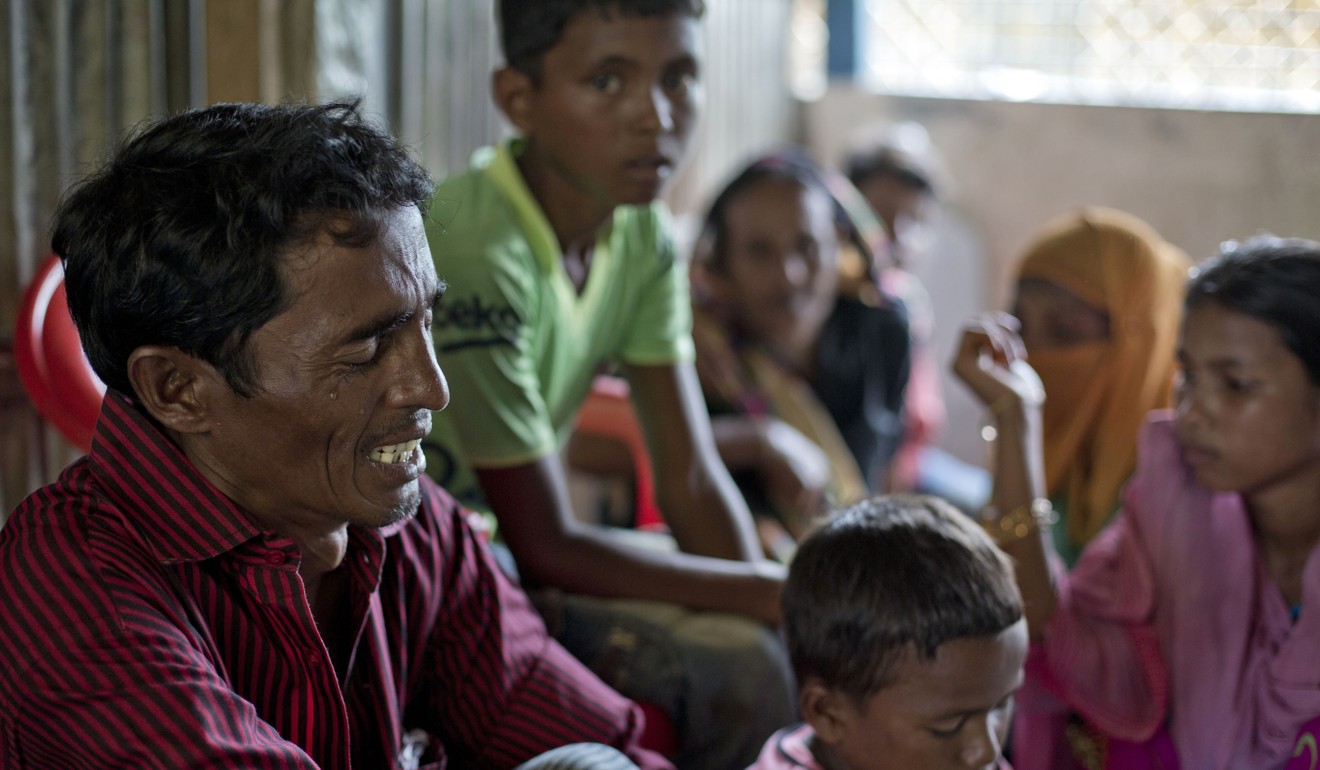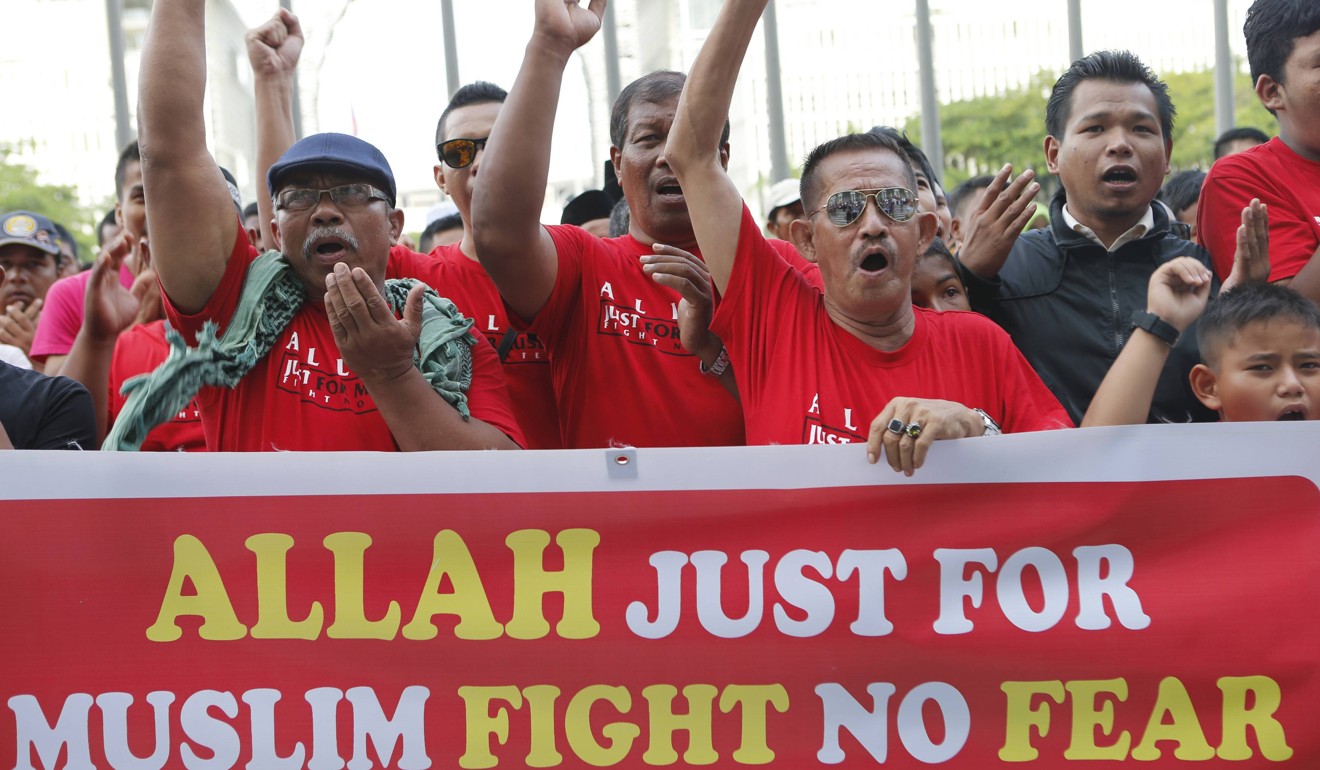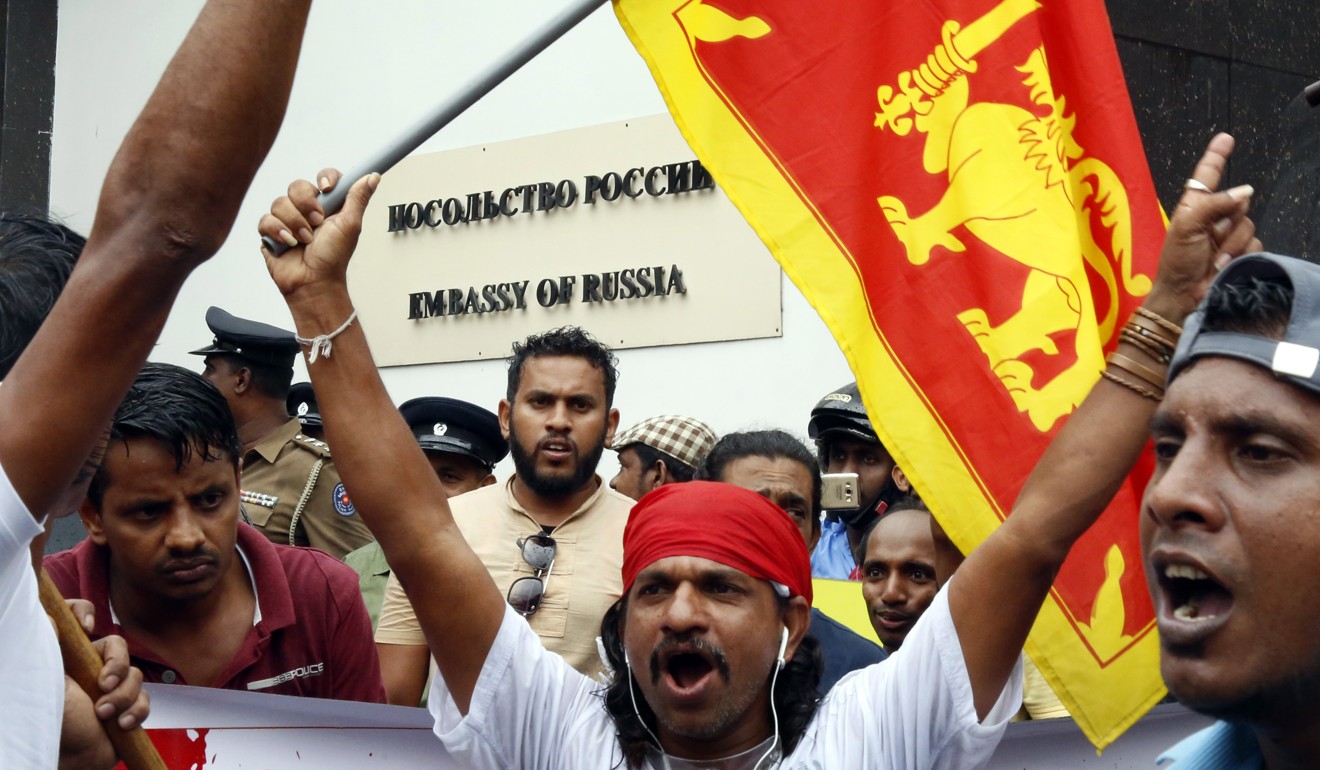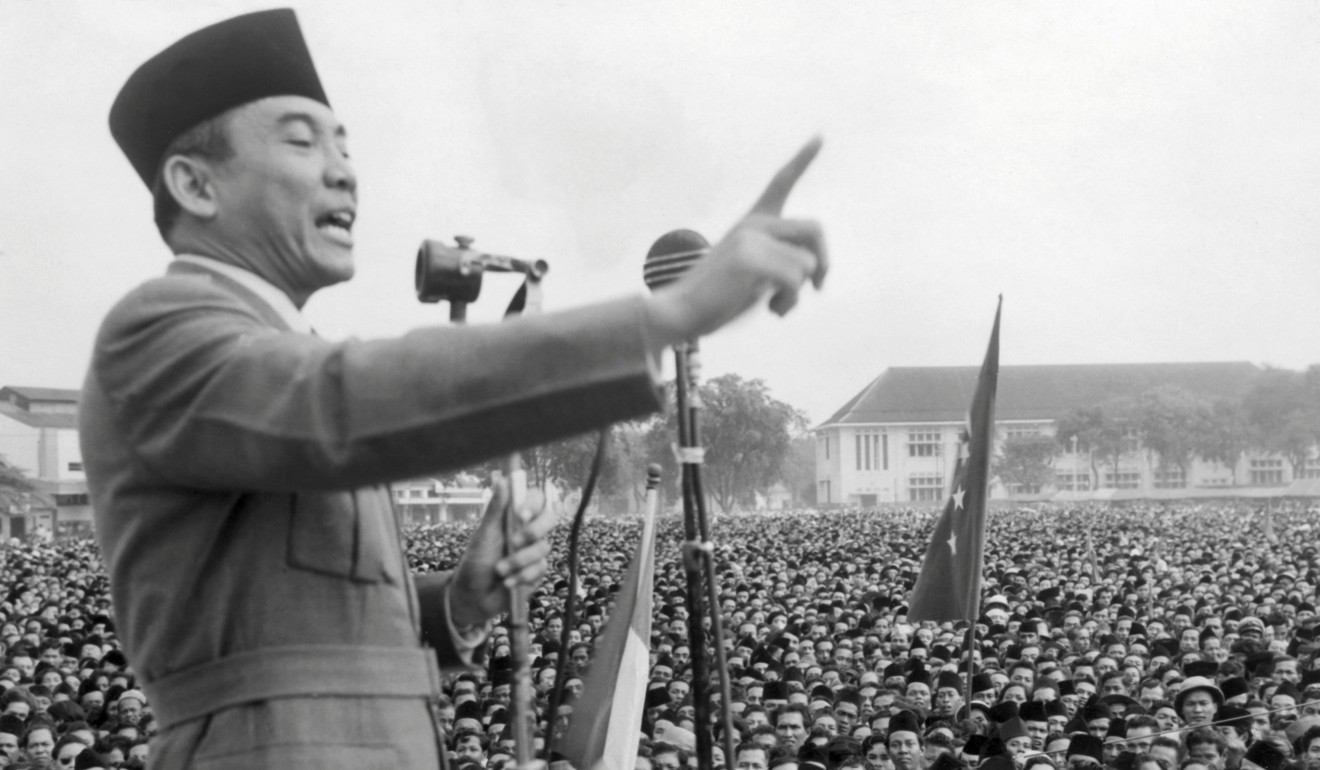
How Indonesia’s model of inclusion and religious tolerance can root out extremism in the region
Eva Kusuma Sundari says Indonesia’s founding ideology, of a state that enshrines both religion and religious tolerance, can be a model for Asean amid the rising conflict that is threatening stability in Southeast Asia
Religious extremism is on the rise worldwide. The issue constitutes a serious threat to the stability and identity of nations around the globe, yet many governments and international institutions struggle to develop successful approaches to combat it.

US threatens sanctions, targets Myanmar’s military for role in brutal Rohingya crackdown

Cancelled beer fest in Malaysia: If Najib is courting Islamic hardliners, are his rivals any better?
Part of the problem is that secular approaches, which aim to codify strong divisions between religious institutions and the state, eschew the important power that religion itself has to undercut the attractiveness of extremism. Where religious identities are ignored, an empty space is created and made available for extremist groups to seize and monopolise the discourse of an exclusive religion. The result is an environment that gives rise to intolerant attitudes and actions, including the promotion of violence and discrimination against other religious or ethnic groups.

Rohingya’s desperate plight shines light on widespread ethnic discrimination across Asean
States that directly embrace one particular religion also tend to discriminate against minority religions and beliefs. Ultimately, their situation is similar to secular states’, as groups that monopolise ownership of “true” interpretations of religion often end up triggering religious extremism by promoting hatred and violence to preserve their dominance.
In both of these cases – the embrace of strict secularism and of religious monopolism – there exists a complete failure to cope with extremism because both approaches deny the important role of religious minorities in society. Both approaches have proven unable to create societies that are tolerant and respectful of diversity. The solution, therefore, lies not in casting religion aside or monopolising religious interpretations, but instead embracing religion’s ability to promote tolerance and forging a middle path between extreme religion and extreme secularism.

Indonesia’s ‘militant moderates’ fighting religious intolerance
Pancasila embraces five core principles that form Indonesia’s ideological identity: belief in God, shared humanity, national unity, democracy, and social justice. Together, these principles form a bedrock that guards against the kinds of developments we have witnessed elsewhere in the region.
Indonesia’s political development has been far from perfect, of course, and we have had our fair share of inter-religious conflict in the years since Pancasila was enshrined in the constitution.

Film on Islamic State screening in Hong Kong aimed at stopping domestic helpers from radicalising
Adherents of the Ahmadiyya sect of Islam, for instance, have faced persecution and displacement in West Nusa Tenggara and West Java, as have Shiite Muslims in other parts of the country. Intolerant extremist groups have, in some cases, pressured local leaders to deny rights to religious minorities.
Yet we have thus far been able to avoid becoming mired in widespread inter-religious conflict, as we are now seeing in Myanmar, because of our deeply ingrained belief in the importance of inclusivity and tolerance. This is reflected in many of our laws, such as Article 29 of the constitution, which mandates that the minister of religious affairs must be a minister for all religions, carrying the primary duty of ensuring that every citizen can possess, change or practise any religion or belief of his or her choosing. Today, there are hundreds of thousands of religious organisations registered with the Ministry of Home Affairs and the directorate general of culture, and thousands more operating freely in the country.
Eva Kusuma Sundari is a member of the Indonesian House of Representatives, and vice-chair of Asean Parliamentarians for Human Rights
